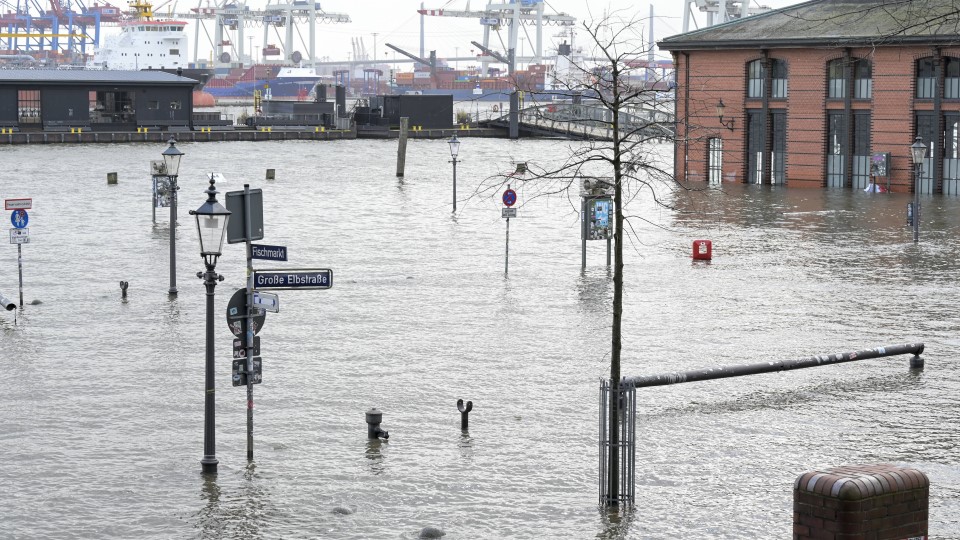EU Agency warns of hazardous health conditions driven by climate change

Climate change exacerbates floods and droughts and leads to worsening water quality, according to a report from the European Environment Agency (EEA). The trend represents an increasing threat to public health, claims the report published this month. The EEA is an agency of the European Union based in Copenhagen. It calls for swift action and better coordination between governments and responsible entities in order to limit or avoid health risks.
Today, according to the report, one in eight Europeans lives in a region that is prone to flooding. “The elderly, children, those in poor health, disadvantaged groups, rescue teams and clean-up professionals tend to suffer the most from” floods, droughts, forest fires, and diseases spread via water and pathogens. Death, injury, infection, and impacts on mental health are consequences of climate change that are already being felt throughout Europe, the agency argues.
In response, the EEA calls for increased engagement in the fight against the health hazards driven by advancing climate change. “Existing European climate, water and health policies offer a solid foundation for action, but they need to be implemented more broadly and systematically,” says EEA executive director Leena Ylä-Mononen.
Chemicals and disease
Between 1980 and 2022, 5,582 people across 32 European countries died in floods, according to the official figure. According to the EEA’s report, 53 million Europeans live in regions that are threatened by potential river flooding. This number rose to include 935,000 more people between 2011 and 2021. This is evidence of the continuing expansion of flood-prone regions. One in nine hospitals in Europe faces the threat of flooding.
As the EEA reports, flooding can also lead to a rise in environmental contamination in affected regions. Industrial pollutants are one cause of contamination. Nearly 15 percent of industrial facilities in Europe are located in flood-prone areas. 36 percent of municipal wastewater facilities are located in such areas. Floods can also help facilitate the outbreak of certain infectious diseases like the norovirus.
What’s more, ever larger segments of the European population live in regions with chronic or periodic water scarcity. This problem appears primarily – but not exclusively – in southern Europe. There roughly 30 percent of people live in areas with chronic water scarcity; 70 percent must contend with seasonal scarcity during the summer.
Farmers and those who rely on private wells are particularly at risk of suffering the negative health effects of droughts and water scarcity. Droughts take a toll on farmers’ livelihoods and their mental health. People reliant on wells suffer from poor water quality, as low water supplies increase the concentration of chemicals and medication runoff in water.
The risk of forest fires is also increased by water scarcity. In the past four decades, fires caused the deaths of 702 people in Europe.
Resolute action necessary
Faced with these growing problems, the EEA sees an urgent need to act. Existing EU regulations for climate, water and health absolutely must be implemented, the agency writes. Already existing solutions should be applied in all sectors and at every level of government. Measures are required not only in the public health sector but in all areas with potential consequences for health, like water management, land use, building design, and insurance policy.
In general, climate change considerations must be more strongly integrated into the health policy of member states. What is needed is “funding and competencies for climate change adaptation with a focus on health.”
“Quick wins include raising public awareness about the risks and solutions, while longer-term actions, including infrastructure improvements and nature-based solutions, require systematic planning and investment,” said the agency in a press release. Responsible entities like governments, water utilities and health services providers should better coordinate their efforts. (dpa / hcz)